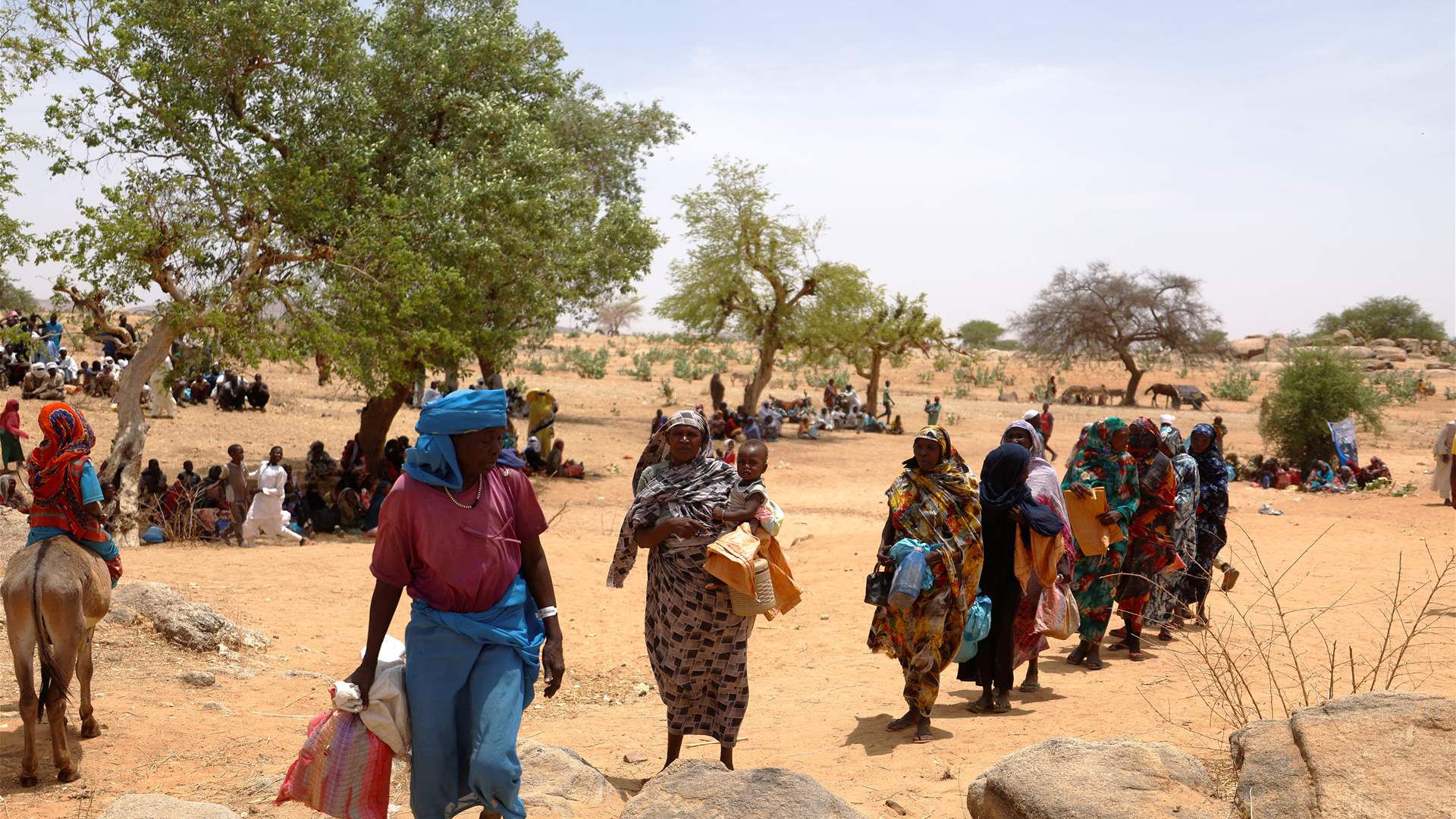The conflict in Sudan has led to severe humanitarian crises, with more than 136,000 people fleeing Sudan's southeastern Sennar state since the paramilitary Rapid Support Forces (RSF) began a series of attacks on towns. This displacement is part of a larger pattern that has seen nearly 10 million people forced from their homes over the nearly 15-month-long war between the RSF and the regular army.
The RSF launched a campaign on June 24 to seize Sennar, a trading hub but quickly redirected their efforts to smaller towns like Sinjah and al-Dinder. This offensive prompted civilians to flee, primarily to neighbouring al-Gedaref and Blue Nile states. Images on social media have depicted people wading across the Blue Nile River in their efforts to escape.
The situation for those displaced is dire, with reports of insufficient shelter and food aid in the areas they have fled to. In al-Gedaref, heavy rains compounded the suffering of those stranded in the state capital's main market, without tents or blankets, after displacement centers were cleared by the government.
The United Nations' International Organization for Migration (IOM) stated that an estimated 136,130 people have been displaced from Sennar since June 24. This state was already home to more than 285,000 people displaced from Khartoum and al-Gezira states, suggesting that many of the recent displacements are individuals who have been forced to move multiple times.
In addition to Sennar, there have been reports of villages in Gedaref state experiencing an exodus, potentially due to fears of becoming targets in the RSF campaign. In the west of the country, local activists reported that artillery fire killed at least 12 people at a livestock market in al-Fashir, a city embroiled in a months-long struggle for control, leading to further displacement towards nearby towns and camps.
The conflict has sparked accusations of "ethnic cleansing" and raised warnings of famine, particularly in RSF-controlled areas across Sudan.



























